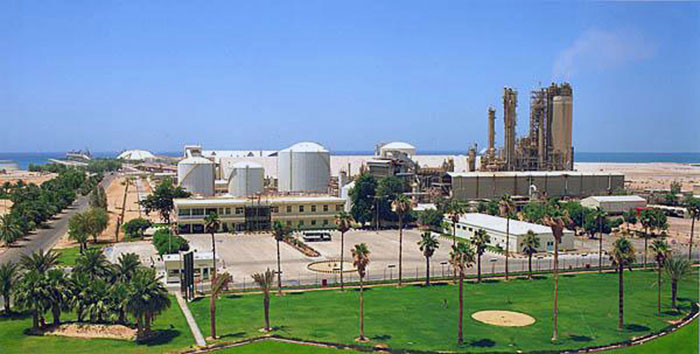Microhumus presents a technology for soil building in the desert at WFES 2012.
 Other News
Other News Subscribe to newsletter
Subscribe to newsletter
| 8 Dec 2011 |
Building healthy soils in the Gulf area that make it green, reduce water consumption and valorize unemployed local resources becomes a reality through Microhumus Consulting and Engineering.
The use of local organic and mineral unemployed resources, considered as waste, in order to build soils in desert environments is a technology used exclusively by Microhumus in the Middle East. Don’t miss the opportunity to discover this exclusive technique presented on the French pavilion at the WFES 2012.
Soil building represents a genuine challenge for a region where the environment is a central issue in every debate. Using Transmission Electron Microscopy (TEM) enables to characterize local sources of industrial and municipal by-products, to predict the behavior of these materials in terms of biodegradation, microbial activity and the release of fertilizing agents.
These analyses allow the design for the new soil to be developed, whilst specifying its agronomic potentialities and setting out how they are expected to evolve over time. Microhumus adapts its recipes to take account of the geo-mechanical properties, agronomic qualities and necessary environmental safety factors (international and local standards). These vary according to the water resources and the planned use (leisure, culture, ornamental, type of vegetation).

Microhumus is currently processing some projects of soil building for arid areas (GCC):
- For Fertil (UAE): Fertigation project: After a positive feasibility study, Microhumus will implement a demonstrator project in an industrial place (to be voted on the Dec 11).
- For Total / Shamspower (UAE): After a positive feasibility study (phase 1) for TOTAL (one major oil company), Microhumus will implement a demonstrator project in 2011/2012 (phase 2) on the Solar Plant operated by Shamspower, a Total, Abengoa and Masdar joint venture. A phase 3 is planned to create a green belt around the solar plant (circumference = 6 km).
In France or in the GCC, other projects of soil building / soil improvement are currently in process, and concern also industrial compost and organic fertilizers design. Aimed for industrial (Veolia, Recywaste ...) and high quality organo-mineral fertilizers compost producers (Germiflor, Or Brun, Tonusol...), these projects include intrant characterization, formula design, process advises, final quality highlighting. For public laboratories and authorities (INERIS, INRA, NIT), Microhumus provides scientific consulting (Sewage or digested sludge innocuousness -or not- for land farming) based on it's Exclusive and Worlwide technilogical licence from the French National Agronomic Agency.
In France, Microhumus provides to the SITERRE-CaractMat project and characterizes of new materials to be used instead of good soils for soil rebuilding in the cities. 5 organic and organo-mineral materials are currently under analysis by Transmission Electron Microscopy, as well as 4 mineral materials. This project is realized for ADEME (French Agency for Environment and Energy) and Plantes & Cites.
In the field of soil improvement for agriculture, Microhumus is distributing some 100% biodegradable polymers dedicated to reduce water consumption, is defining the protocol and Scientific monitoring of comparative tests (mineral vs organic fertilization dedicated to improve agriculture soils ... ) for several agriculture cooperative.
What distinguishes Microhumus:
1) Our characterization technology in Transmission Electron Microscopy (TEM)
2) The construction of soils on the base of different pedological layers which thus constitute a real floor in the scientific meaning of the term and not just some compost (which is already a positive in itself)
3) The promotion of organic sub-products and local minerals (no import of peats)




